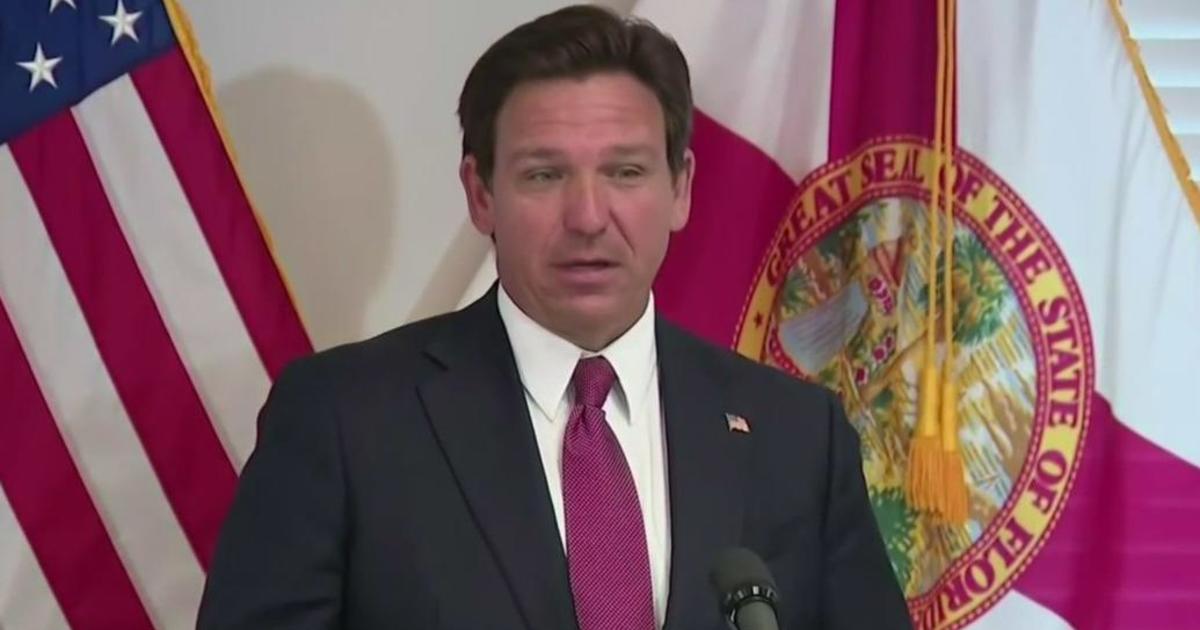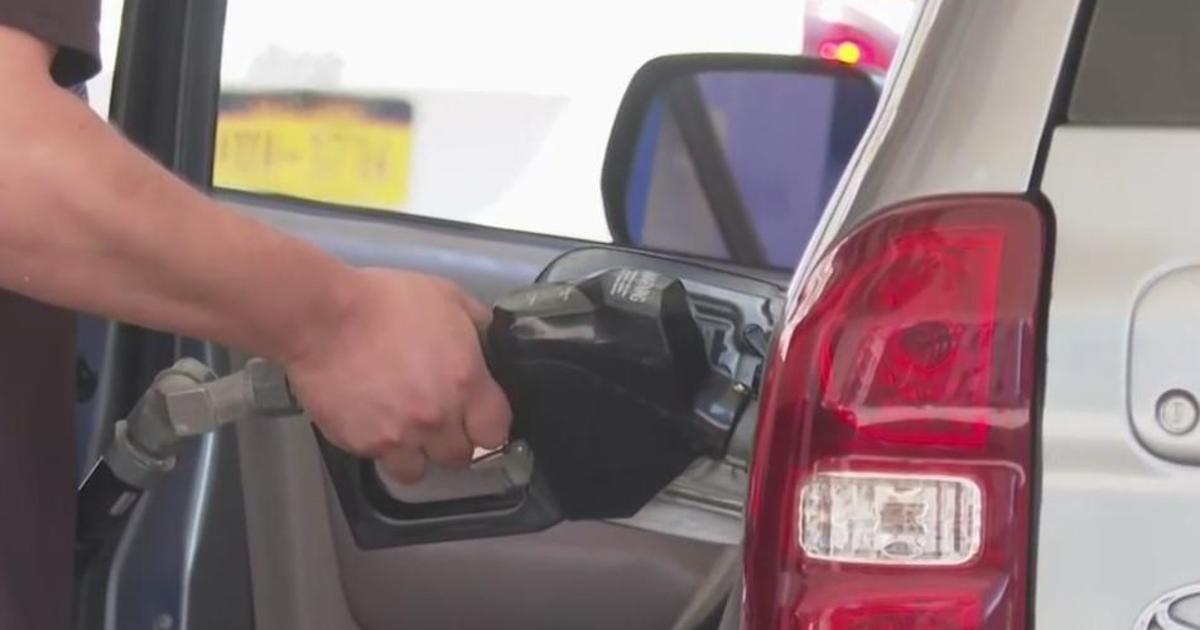New Rules Let Floridians Raise Disabled Kids At Home
TALLAHASSEE (CBSMiami) – Floridians can now raise their disabled children at home, instead of sending them away to institutions.
The new rules were quietly announced by Florida healthcare regulators and will affect hundreds or even thousands of parents of disabled children, reports CBS4 news partner The Miami Herald.
The most significant change: the state will no longer require parents — and sometimes teenage siblings and grandparents — to perform complex medical tasks "that normally could only be provided by a licensed nurse." Such medical procedures might include the tube-feeding of children, the suctioning or replacement of breathing tubes and the oversight of ventilators.
Instead, a trained professional would provide the services, with the state footing the bill.
The revisions by the Agency for Health Care Administration, which came after months of intense criticism, may help parents of disabled children another way: The agency also loosened its policies governing medical daycare centers, which offer parents an opportunity for their children to receive nursing care — and, often, an education — while their parents work during the day. Under the new changes, parents need not be at an eight-hour job for their children to be eligible for services at the medical centers.
"This is wonderful news," said Grizzy Miller, president of a company, Pedi Pec, that operates medical daycares in Miami-Dade and Broward counties. Miller called "unjust" the AHCA policies that had "unfairly impacted dozens of families who were not deemed eligible for [daycare] services over the past several years."
In recent months, advocates of disabled children have complained that the state had squeezed funding for in-home care so severely that parents had little choice but to put them in institutions.
The new polices, AHCA wrote in an announcement to healthcare providers, will become effective immediately.
The health agency's about-face comes as it continues to negotiate with the U.S. Justice Department in an attempt to forestall a threatened lawsuit. Last fall, Justice Department civil rights attorneys accused the state of systematically dumping sick and disabled children in nursing homes through relentless cuts in in-home nursing hours and other services designed to enable parents to keep their youngsters at home.
In late December, The Miami Herald reported that a private company under contract with the state, eQHealth Solutions, was essentially rationing in-home nursing care by arbitrarily declaring many nursing hours not "medically necessary" to a child's survival or health.
The company denied some claims by requiring that parents — as well as older siblings and grandparents, in some cases — be trained to perform the tasks normally reserved for licensed nurses.
Between July 1, 2011, and June 30, 2012, eQHealth's officers estimated they had saved the state $44.8 million by cutting private-duty nursing and other caregiving hours, according to the company's annual report.
The change in direction may have begun a month ago, at an administrative hearing over the fate of a 10-year-old girl born with a rare but devastating genetic disorder, called Marshall-Smith Syndrome, which produces severe respiratory impairments and is often fatal in early childhood. Since her birth, the girl has endured 21 surgeries, many of them involving her head, to correct deformities of her facial bone structure.
The girl's doctor prescribed 24-hour care by a registered nurse for the child. The girl could sustain life-threatening neurological damage in moments if her breathing tube became clogged — which occurred in dramatic fashion at a hearing The Herald covered in December.
The state had agreed to pay for 18 hours of in-home nursing care on weekdays, and fewer on the weekends. The child's mother appealed.
After the girl's plight was described in The Herald, Ian Nathanson, a Tampa pediatrician who is associate medical director of eQHealth, agreed to provide the girl's mother round-the-clock nursing care.
"This child is not at risk anymore," said Howard Talenfeld, the lawyer for the girl's mother, who wants to maintain her privacy. Details of the state's settlement with the family have yet to be ironed out.
"It's a game-changer," Talenfeld said of the new policies. "You are dealing with life-saving medical procedures," he said, and some even well-educated, non-squeamish parents are not capable of performing them. "That was the point of our case, the precise point."
The changes are contained in a one-page "alert" emailed to private companies that offer private-duty nursing care to families of disabled children, and to the operators of so-called prescribed pediatric extended care centers, which are essentially daycare centers for children with serious medical needs.
The in-home nursing changes were announced the same day The Herald reported that a Miami Gardens nursing home, one of only six that care for children throughout the state, will be closing its pediatric wing and transferring remaining children elsewhere. Several have been reunited with their parents, and four or so are being transferred to medical foster homes. Most of the rest will go to other nursing homes.
"This is good news hopefully for hundreds of people — maybe thousands of people," said Matthew Dietz, a Miami civil rights attorney who is suing the state over its system of care for disabled children. "It's huge."
Dietz said that about 3,000 Florida children now receive at least an hour or more of in-home nursing care so they can remain at home with the parents who love them.
"The parents of these children are currently required to learn how to do services which these nurses are trained to do — on their own children," Dietz said. "We believe that it was unconscionable to have children's lives dependent on their own parents' ability to provide skilled nursing care.
"While we do not know the details of this proposal, if it does not require parents to provide skilled nursing care, it will result in ensuring the safety of thousands of children, and the peace of mind of their parents."
(TM and © Copyright 2013 CBS Local Media, a division of CBS Radio Inc. CBS RADIO and EYE Logo TM and Copyright 2013 CBS Broadcasting Inc. Used under license. All rights reserved. This material may not be published, broadcast, rewritten, or redistributed. CBS4 news partner The Miami Herald contributed to this report.)



